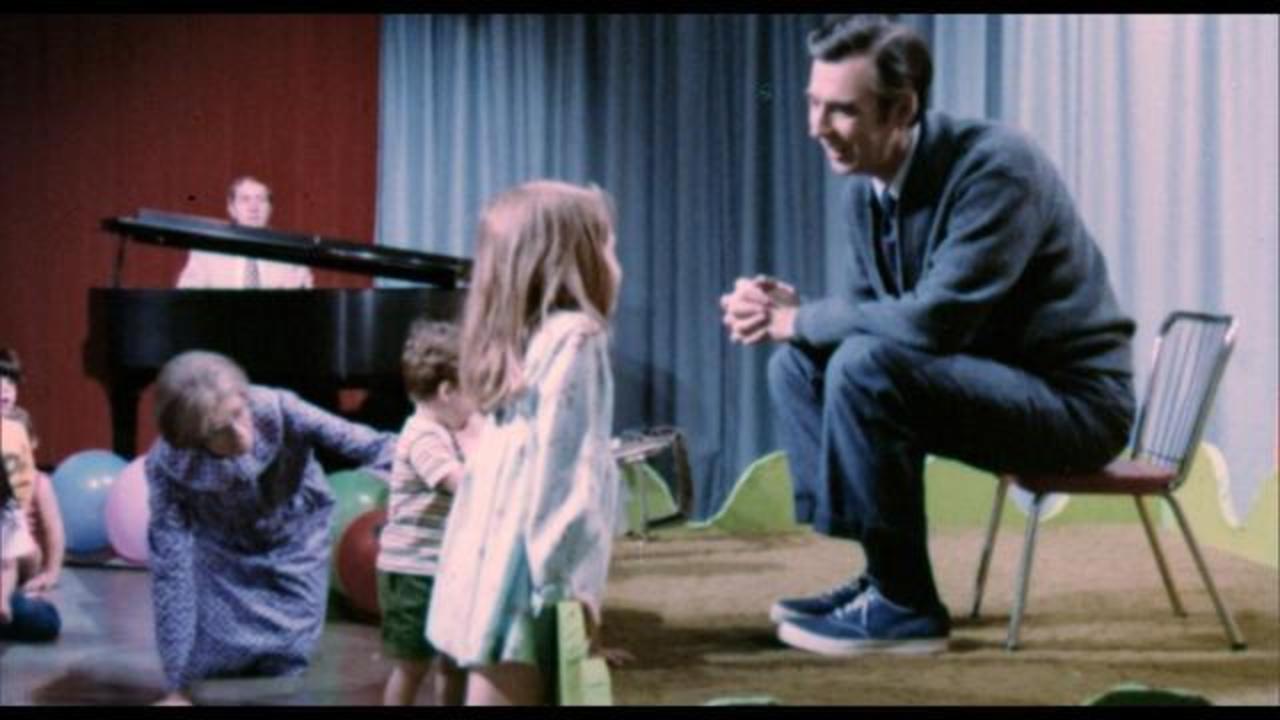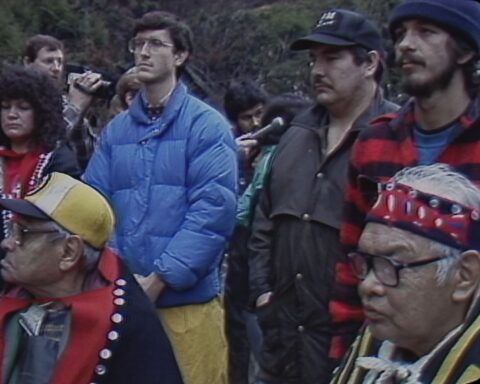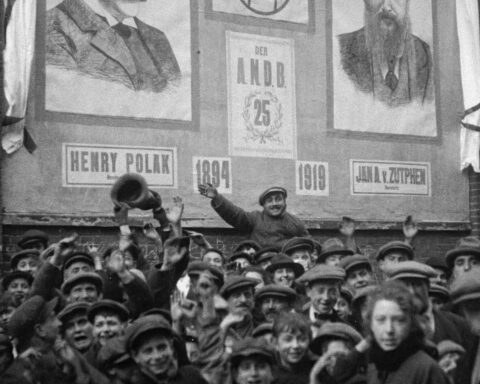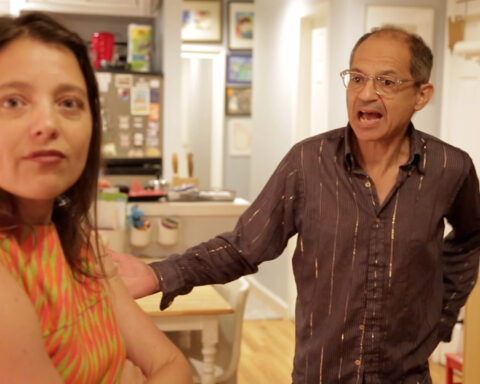Won’t You Be My Neighbor?
(USA, 94 min.)
Dir. Morgan Neville
There is an attitude in some corners of the non-fiction community that films about art, culture, and celebrity are inherently less valuable than overtly political documentaries. While some arts and culture docs can be mere stargazing or toothless profiles, just as some “political” docs can be artless or exploitative, there is value in examining the images and stories that circulate in popular culture. These films invite audiences to interrogate the myths that circulate in media both past and present.
For example, a return to the children’s series Mister Rogers’ Neighborhood might yield the best perspective yet on the changing face of the USA. Oscar winner Morgan Neville makes America kind again with Won’t You Be My Neighbor?. The 20 Feet from Stardom director invites audiences to revisit the welcoming neighbourhood built by the late TV icon Fred Rogers. This masterfully assembled and uplifting doc offers a message of warmth and humanity that moviegoers desperately need. It’s the most quietly political film of the year.
Neville mines episodes of Mister Rogers’ Neighborhood, which ran from 1968 to 2001, to show how the unlikely star inspired generations. The film explains how Rogers, an ordained minister, channelled his message of goodwill into television when he recognized its potential to improve children’s education. Without dumbing down, Rogers addressed complex issues, like death, war, racism, and divorce using simple, basic intelligence.
The film charts the journey of Mr. Rogers’ Neighborhood, which started at the CBC in 1963 as the children’s show Misterogers. The show ran briefly and launched the career of Mr. Dressup (who sadly doesn’t receive a mention in Neville’s doc), beginning a revolution in educational children’s programming that Rogers brought to PBS in 1968 with Mr. Rogers’ Neighborhood.
New interviews with Rogers’ family and collaborators illuminate the man in the woolly sweater. Neville doesn’t look at Rogers with rose coloured glasses. One sequence recalls how Rogers invited Officer Clements, played by Black actor François Clemmons, to share a footbath in a gesture against segregation. However, Clemmons, who is gay, explains that Rogers had Officer Clements marry a woman to conceal the actor’s sexuality from parents and advertisers. Rogers’ conservatism opened some doors while ignoring others.
Neville shows how Rogers’ modesty led critics to label him a “square.” The film interprets Rogers’ childlike nature through animated sequences in which his puppet, Daniel the tiger, explores the road to adulthood. These sequences, cut together with archival images of Rogers speaking through Daniel, invite empathy for a man who inspired kids without letting go of his own innocence.
Won’t You Be My Neighbor? asks audiences to consider the world they wish to create for others. The film demonstrates the positive impacts of compassion and tolerance as Rogers’ folksy show resonates at a time when media old, new, and social, are saturated with relentless negativity. Hilarious clip selections let Mr. Rogers’ Neighborhood speak to the current political climate, like one episode where tyrannical puppet King Friday XIII builds a wall around his tree fort and learns the value of community. Neville doesn’t beat the political context on the head and he doesn’t have to. A little kindness goes a long way.
Won’t You Be My Neighbor? opens Friday, June 8.













